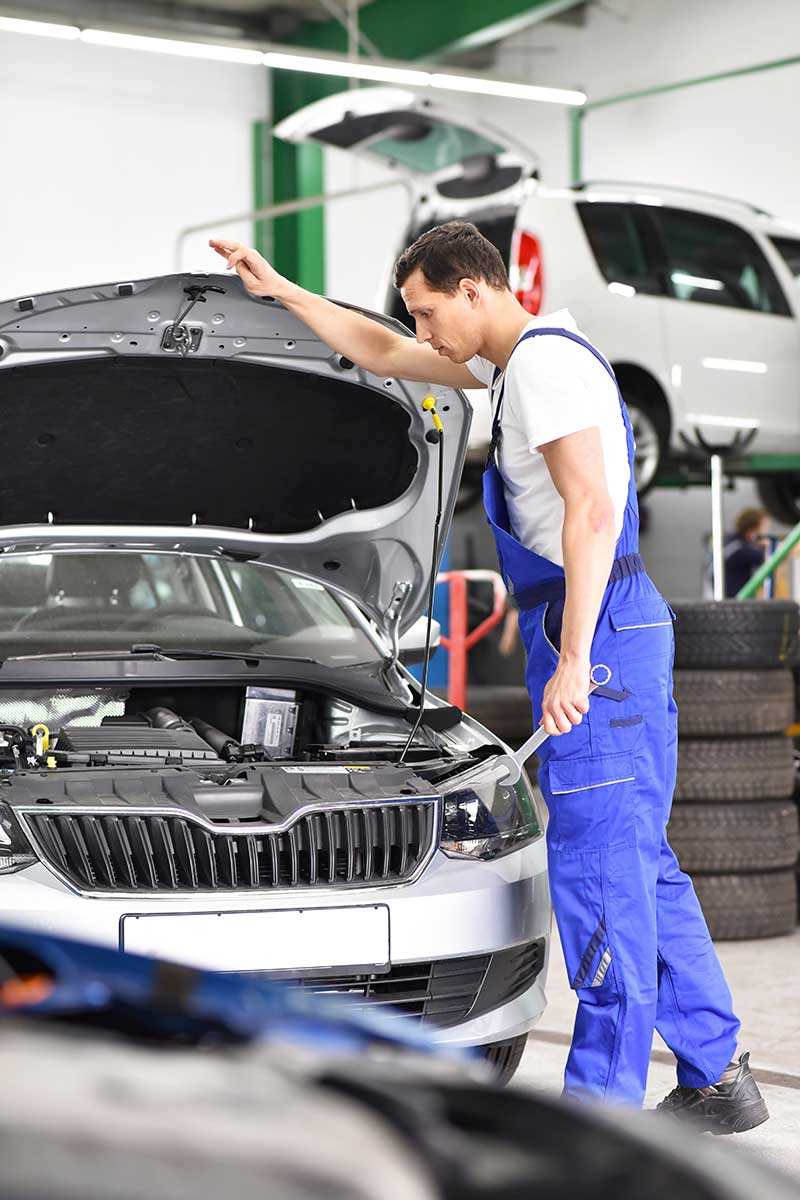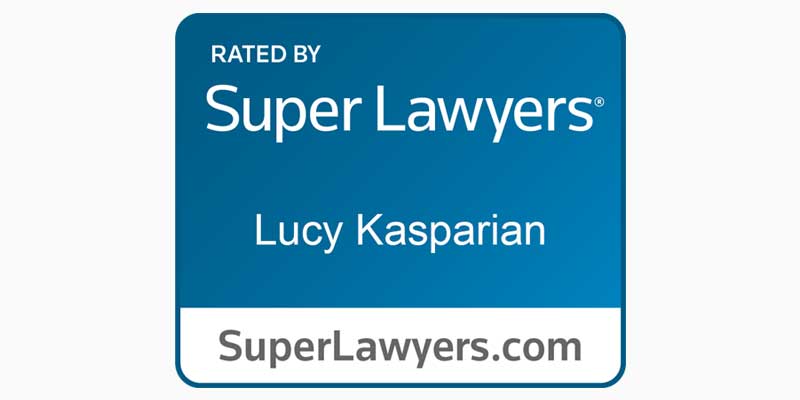The California lemon law may seem an overwhelming subject for those unfamiliar with the consumer and manufacturer rights, so we have compiled the below FAQs which may disambiguate some of these issues. However, should you have any remaining questions about the California lemon law, or about a lemon law lawyer in your area, please feel free to contact us and we will address your specific needs immediately.
> What is the Lemon Law?
The Song-Beverly Consumer Warranty Act which occurred in 1984, introduced what we now call the “lemon law”. The lemon law guards individuals or small businesses that have purchased or leased a vehicle which they find to have a defect or nonconformity (meaning a defect that substantially impairs the use, value, or safety of the motor vehicle to the buyer or lessee). Should the manufacturer or its representative be unable to repair that defect or nonconformity after a reasonable number of repair attempts, the buyer or lessee would be entitled to a refund, new vehicle and, or some form of civil compensation.
> Who can seek relief under the California Lemon Law?
Any California resident who believes they have a lemon is entitled to seek relief under the California Automobile Lemon Law. The defective vehicle in question must have been purchased primarily for personal or small business use. It is important that the recurring problems be of a substantial nature such as: engine, transmission, electrical, brakes and suspension or even air conditioning/heating system. If the manufacturer, or its representative, is unable to repair a defect or problem after a reasonable number of repair attempts, consumers may seek relief under the California Lemon Law . An attorney is best equipped to evaluate a vehicle’s repair history and determine if a lemon law claim exists. At the California Lemon Law Center, the most skilled attorneys will evaluate your case at no cost to you.
> What are some tactics automobile manufacturer’s use to mislead you in thinking you have no case?
One tactic used by the automakers’ representatives, is to erroneously mislead a consumer into believing that they do not qualify for relief under the California lemon law, and leading them to believe that the best way to resolve their concerns with the defective vehicle is to trade it in or buy a new one. This occurs frequently, and is a faulty “solution” which usually results in a loss in equity and higher vehicle payments. It is very profitable for the dealership as they achieve the sale of two cars in a very short time. Some automakers’ representatives use tactics where they will try to “settle” by offering you little monetary relief. If you receive an offer to “settle” it is best to seek legal advice from a lemon law lawyer. At the CLLC, your potential “settlement” by the automobile manufacturer will be reviewed by leading lemon law lawyers in Los Angeles, absolutely free of charge. Review our Lemon Law Tips for helpful suggestions on what you can do to avoid complications or dishonest dealings.
> What am I entitled to under the California Lemon Law?
If your lemon law claim goes through, the consumer is free to choose whether to accept a replacement vehicle or a refund. If a manufacturer offers a replacement vehicle, the consumer would agree to this as an exchange of collateral, in which case the existing loan or lease terms remain the same. If the manufacturer repurchases your lemon vehicle, the buyer or lessee is entitled to reimbursement of the vehicle’s loan payments or lease inception fee and associated expenses, incidental expenses, manufacturer-installed items and any transportation fees are also considered.
The California lemon law allows the consumer to collect civil penalties, which could total to two times the amount of actual damages.
> What constitutes a reasonable number of repair attempts?
A reasonable number of repair attempts will depend on the circumstances, including the severity of the nonconformity. The California Lemon Law provides means for calculating the duration of a repair attempt. Severe damages and defects might qualify after one or two unsuccessful repair attempts. In the majority of less severe lemon law claims, four repair attempts are considered as reasonable, but details depend upon the circumstances surrounding the case. At CLLC, a lemon law attorney will evaluate your case, to determine if your vehicle has suffered a reasonable number of repair attempts.
> What is a reasonable amount of time for a repair to take place?
In California, the reasonable amount of time for a repair to be completed is thirty days. The thirty day threshold is met if the vehicle has spent over thirty days at a dealership for which it is out of service or awaiting parts for a repair within the first 18 months or 18,000 miles, whichever occurs first. Furthermore, the thirty-day threshold could be met during one visit or a combination of several visits. The California Lemon Law Center can assist you in determining whether your vehicle has met the thirty-day threshold.
> What is a reasonable amount of time to wait before consulting an attorney?
Many consumers will do everything they can to reach a solution with the automobile manufacturer before involving an attorney. Although this is admirable, doing so could result in making or breaking your lemon law claim. If you think there is any chance your vehicle may qualify, contact the CLLC to evaluate your potential claim as soon as possible. Delays in claims, or the lack of review of potential claims, will result in favor of the automaker. Take advantage of this free service, and call for your initial phone consultation so that you can be informed of your options. At the CLLC we are eager to offer council and representation for your lemon law claim.
> Is Arbitration required under the California Lemon Law?
The California lemon law does not require a consumer to go through the arbitration process. It is likely that participation in the arbitration process would change the dynamics of your case. Prior to doing so, it would be beneficial for you to consult with a lemon law attorney. In an instance where you have already gone through the arbitration process and lost, a lawyer may still be able to assist you in pursuing a lemon law claim. On the other hand, if you have prevailed in the arbitration process, an attorney can evaluate your award to assure that you receive everything entitled to you under the California lemon law. Contact CLLC today for a legal representative to evaluate your arbitration denial or award at no cost to you.

Start Your Free Case Review Now
It Only Takes A Few Minutes To Get Started!







